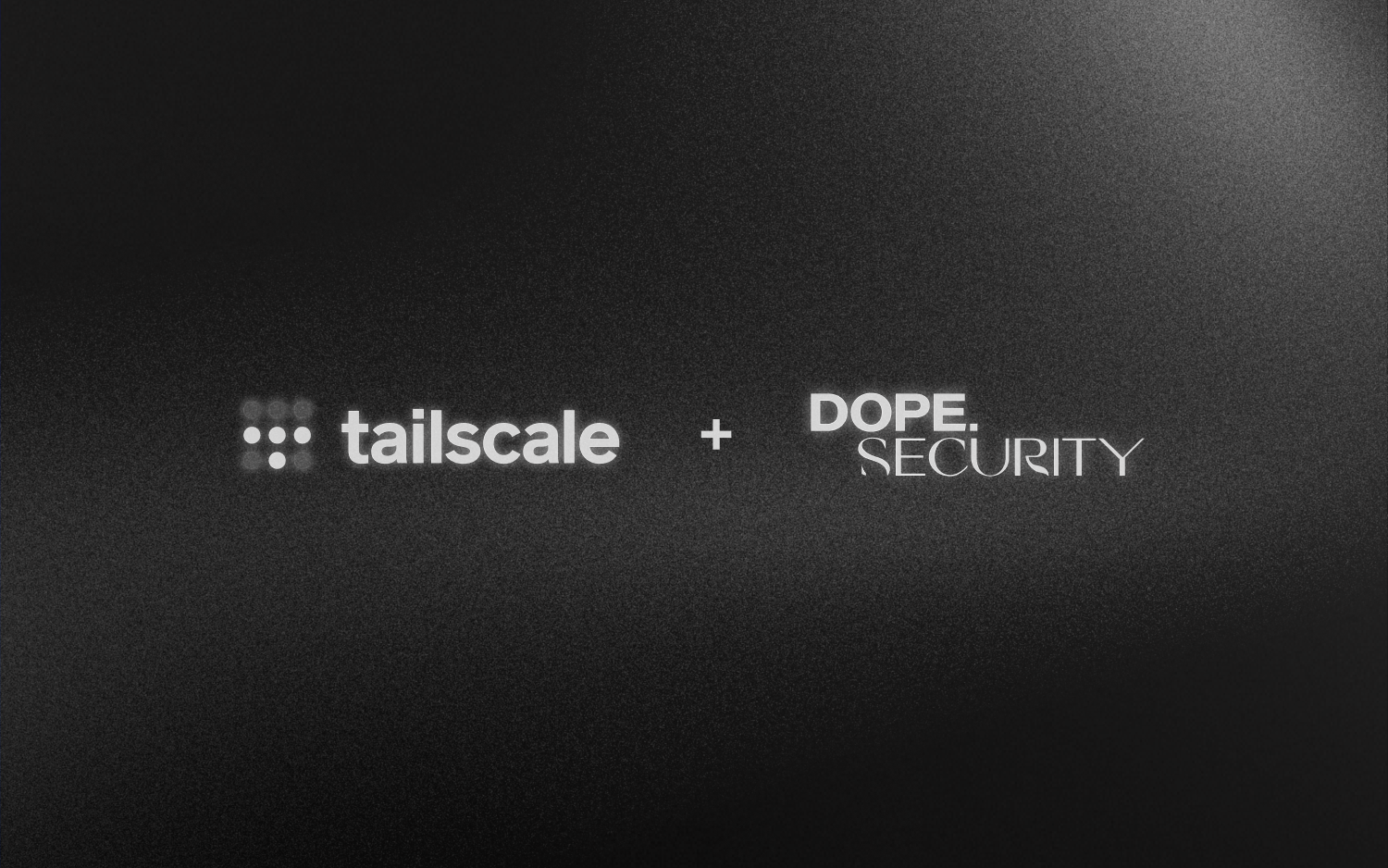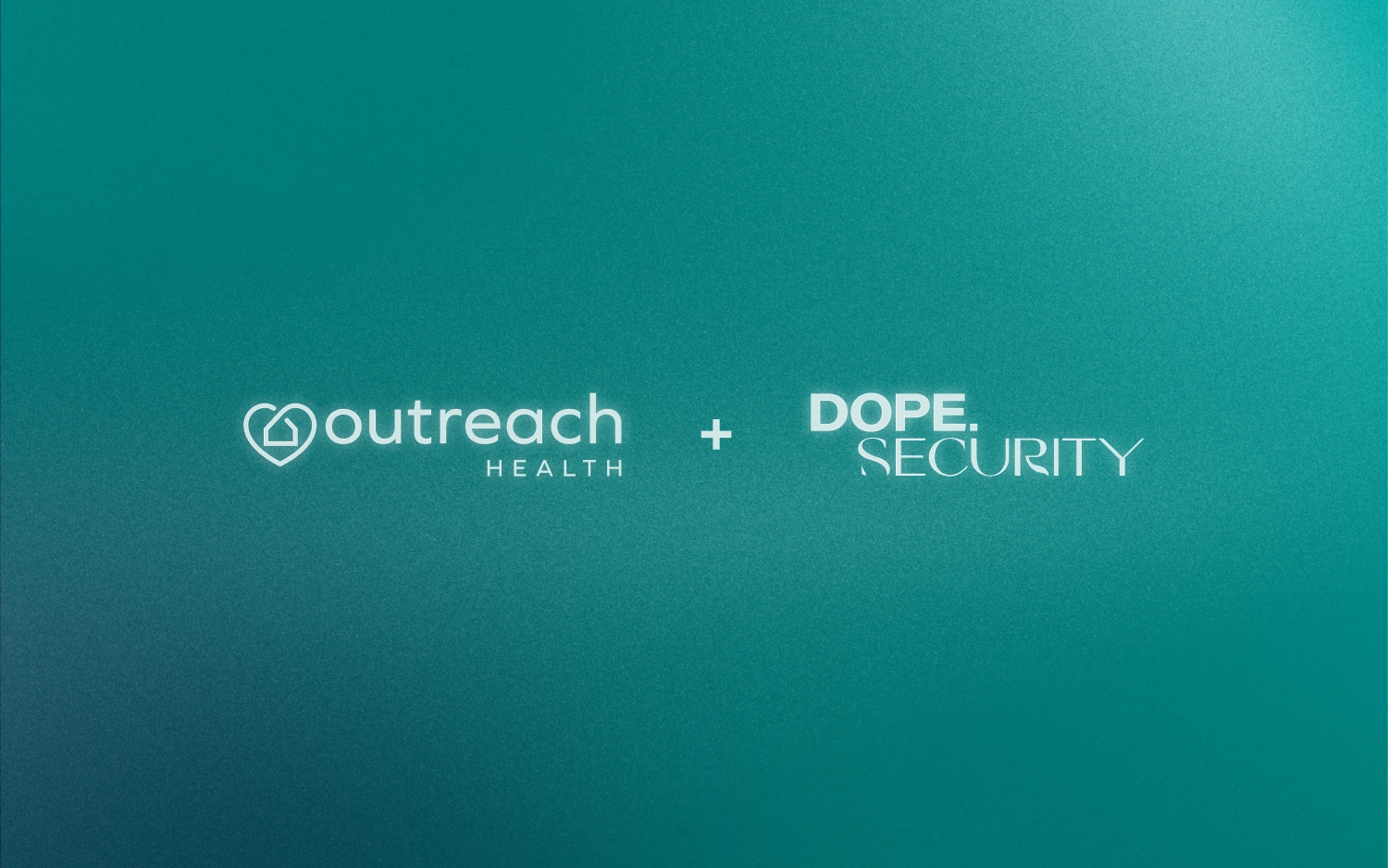dope.security vs Microsoft Defender

What is Microsoft Defender?
Microsoft Defender, previously Windows Defender, is Microsoft’s native security solution integrated into the Windows ecosystem. Over the years, it has evolved into Microsoft Defender for Endpoint. This solution now is not just limited to anti-virus protection; it encompasses endpoint detection and response (EDR), automated investigation, and threat intelligence, among other features. Defender provides holistic protection across various devices, applications, and platforms, making it a preferred choice for enterprises running on the Microsoft environment already.
Key Features of Microsoft Defender
- Endpoint Detection and Response (EDR): Microsoft Defender’s EDR capability is designed to detect, investigate, and respond to advanced threats. It provides IT admins with real-time visibility into endpoint activity and potential threats.
- Advanced Threat Protection (ATP): Defender ATP uses machine learning, behavioral analytics, and endpoint telemetry to identify sophisticated attacks. By leveraging Microsoft's cloud infrastructure, it proactively detects zero-day vulnerabilities and sophisticated malware strains.
- Integrated Threat Intelligence: Defender incorporates real-time threat intelligence that allows for early detection of emerging threats and ensures that security teams can respond quickly and accurately.
- Automated Investigations and Remediation: By using AI-driven processes, Defender can autonomously investigate alerts and take actions to remediate potential issues, reducing the workload on IT staff.
- Cross-Platform Protection: Microsoft Defender is no longer limited to Windows devices. It provides comprehensive security for MacOS, iOS, Android, and Linux environments.
- Seamless Integration with Microsoft 365: Microsoft Defender is fully integrated with Microsoft 365 (formerly Office 365) and Azure. It offers protection for cloud applications, email security, and compliance management—all under one platform. This allows IT admins to manage security from a single pane.
- Cloud-Delivered Updates: Defender continuously receives cloud-based updates, ensuring it remains current against the latest threats without requiring manual patching or updates from IT administrators.
dope.security vs Microsoft Defender
1. Security Approach
- dope.security: dope.security takes a distributed approach by inspecting traffic locally on the endpoint, as opposed to routing traffic through centralized cloud data centers. This significantly reduces latency and improves performance, while also offering enhanced privacy by minimizing external data exposure.
- Microsoft Defender: Microsoft Defender provides a centralized, cloud-based security solution that integrates deeply with the Microsoft ecosystem. It uses endpoint detection and response (EDR), automated threat remediation, and leverages Microsoft’s vast cloud infrastructure for threat intelligence.
dope.security excels in offering faster, more private traffic inspection due to its local processing, while Microsoft Defender’s cloud-based approach benefits from continuous updates and broad threat visibility.
2. Endpoint Security
- dope.security: dope.security focuses on web security, specifically on preventing malicious web traffic, phishing, and data breaches.
- Microsoft Defender: Microsoft Defender offers endpoint protection, including antivirus, firewall, vulnerability management, and endpoint detection and response (EDR) capabilities.
Microsoft Defender offers comprehensive endpoint protection compared to dope.security, which is more focused on web security and traffic monitoring.
3. Integration and Ecosystem
- dope.security: dope.security is a standalone secure web gateway that can be integrated into various environments, regardless of the existing infrastructure. It doesn’t depend on other tools and can work alongside a variety of other cybersecurity products.
- Microsoft Defender: Defender is fully integrated into the Microsoft ecosystem, making it a solid solution for businesses using Microsoft services such as Windows, Azure, and Microsoft 365. Defender works well with Microsoft Intune, Azure Security, and other Microsoft services, offering centralized management and reporting.
For businesses already using Microsoft products, Microsoft Defender offers tighter integration and a more unified security management experience. dope.security is more flexible for both Microsoft and non-Microsoft environments although lacks the same level of deep integration with other Microsoft products.
4. Cloud Security and Scalability
- dope.security: With its distributed architecture, dope.security reduces the reliance on cloud infrastructure, which leads to faster performance and enhanced privacy and secures cloud applications such as Dropbox, Box, and Microsoft through its Cloud Application Controls feature.
- Microsoft Defender: Microsoft Defender provides cloud-native security and scales across cloud applications, SaaS platforms, and endpoints. Its integration with Microsoft’s cloud platforms like Azure allows it to secure cloud environments, applications, and infrastructure with ease.
Microsoft Defender shines in cloud security and scalability, covering both on-premises and cloud environments. dope.security offers speed and privacy while still allowing for custom Cloud Application policies to be created.
5. Privacy and Compliance
- dope.security: A significant selling point of dope.security is its emphasis on privacy, as it reduces the need to send data to external cloud servers. It is particularly appealing to organizations concerned about data sovereignty and compliance, as data is inspected locally.
- Microsoft Defender: While Microsoft Defender uses cloud-based analysis and processing, it adheres to stringent privacy standards, including compliance with GDPR, HIPAA, and other global regulatory frameworks. However, organizations with strict data localization requirements might prefer a more decentralized solution.
dope.security may have the edge for businesses with heightened privacy and compliance needs due to its local traffic inspection. Microsoft Defender, however, remains compliant with industry standards but processes more data in the cloud.
Why IT Admins Choose dope.security or Microsoft Defender
dope.security
- Performance: Organizations that prioritize low-latency, high-performance secure web gateways may prefer dope.security due to its local traffic inspection.
- Privacy-Focused: For industries with strict data privacy regulations or organizations that want to reduce their reliance on cloud traffic inspection, dope.security offers a compelling solution.
- Lightweight Solution: If the primary need is secure web traffic without the complexity of full endpoint protection, dope.security is an efficient, focused tool.
Microsoft Defender
- Comprehensive Endpoint Security: Businesses looking for an endpoint security solution, including full endpoint protection, threat intelligence, and real-time remediation, will find Microsoft Defender to be a good choice.
- Microsoft Ecosystem Integration: For organizations already leveraging Microsoft services, Defender’s integration and unified management make it a natural fit.
- Cloud-Native and Scalable: If you need scalable protection across cloud platforms, devices, and endpoints, Defender’s cloud-native architecture ensures broad coverage.












